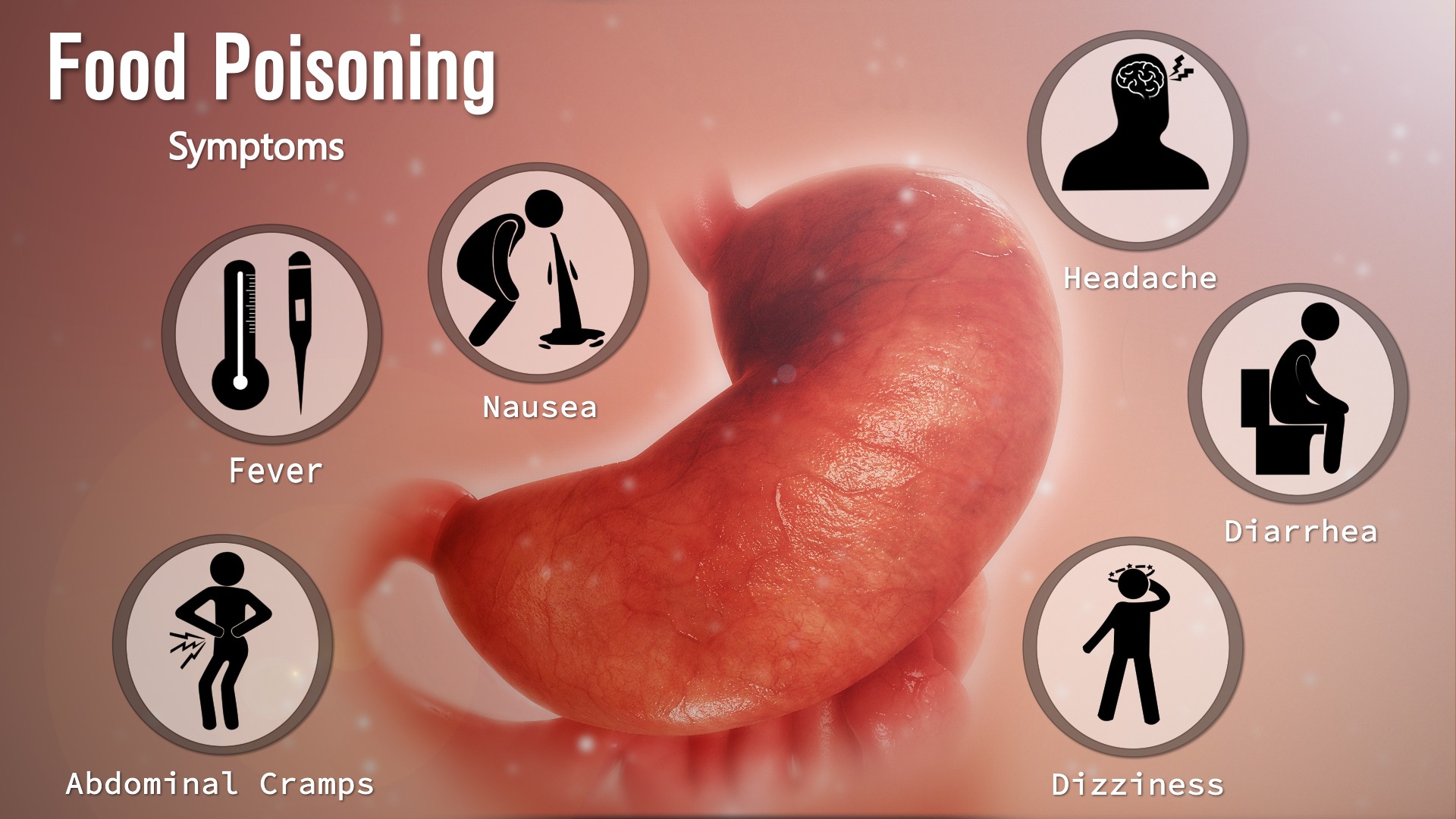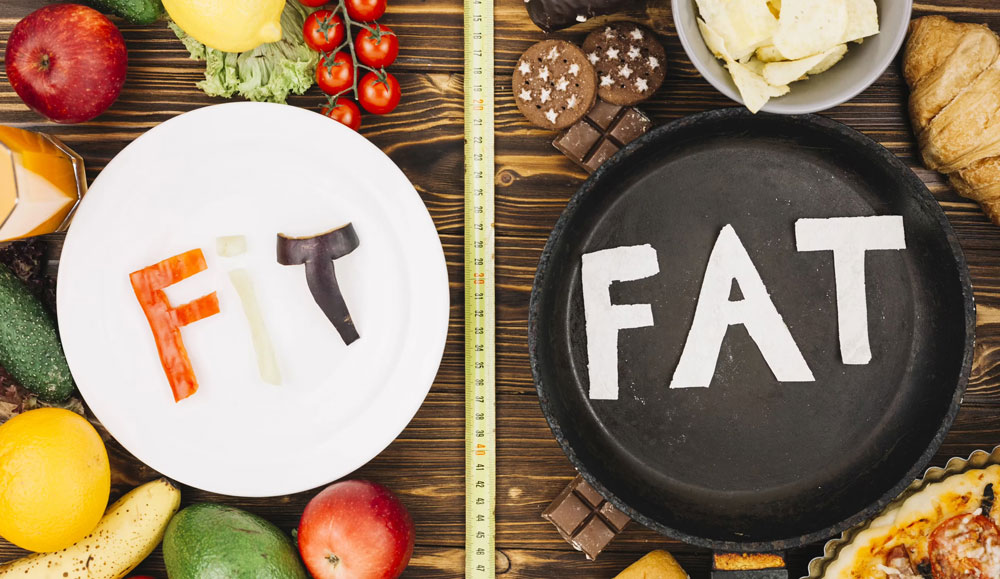Can Food Poisoning Cause A Fever
Picture this: you've just savored a delightful meal at your favorite restaurant, only to find yourself doubled over in pain a few hours later. Food poisoning – it's the unwelcome surprise that can turn a delightful experience into a nightmare. But can it cause a fever too? Let's dig deeper into this culinary conundrum.

1. Understanding Food Poisoning
Food poisoning occurs when you consume contaminated food or beverages, leading to unpleasant symptoms such as nausea, vomiting, diarrhea, and abdominal pain. Bacteria like Salmonella, E. coli, and Listeria, as well as viruses and parasites, are common culprits.
2. The Fever Factor
Yes, food poisoning can indeed cause a fever. When harmful microorganisms enter your body through tainted food, your immune system kicks into high gear to fight off the invaders. This immune response can lead to an elevation in body temperature, resulting in a fever.
3. Symptoms to Watch For
If you suspect you have food poisoning, pay attention to any accompanying symptoms, including fever. A low-grade fever (generally below 100.4°F or 38°C) is common with mild cases, but more severe infections may cause higher fevers.
4. When to Seek Medical Attention
While most cases of food poisoning resolve on their own within a few days, certain symptoms warrant medical attention. Seek help if you experience a high fever (above 101.5°F or 38.6°C), severe dehydration, bloody stools, or signs of neurological issues.
5. Prevention Is Key
Preventing food poisoning starts with proper food handling, storage, and preparation. Wash your hands frequently, cook food thoroughly, and avoid cross-contamination. When dining out, choose reputable establishments with good hygiene practices.
Conclusion
Food poisoning is not only an unpleasant experience but can also lead to a fever as your body fights off the infection. By understanding the symptoms and taking preventive measures, you can reduce your risk of falling victim to this culinary calamity.




